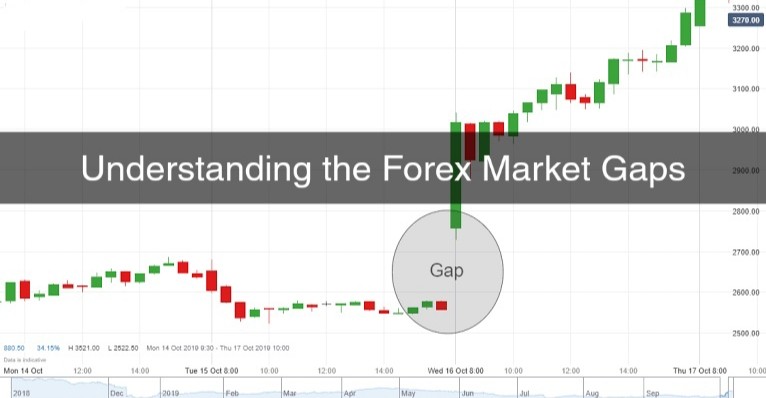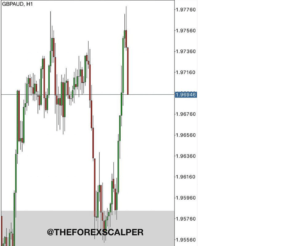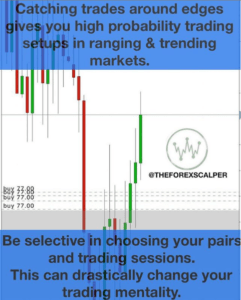A that mistake among forex traders is to close the market over the weekend. The fx market actually never closes, not even on weekends or holidays. Your Forex broker will literally refuse you the right to trade when retail trading ends for the weekend. Gaps arise primarily when an abrupt announcement is made by the specific instrument or market in general, or a similar occurrence takes place somewhere else in the world. In reality, gaps may follow any sudden shift in the expectations of investors about a stock, fund, future or fx currency.
A Gap on the market is the movement of an investment’s price, including a currency, stock, etc, during a time when no trading took place. Most generally, market differences are seen in the investment’s price differential between its closing price at the end of one trading period and its opening price in the next trading day, for example overnight or over the weekend. Gaps may also occur over shorter time periods, however, which is what some day traders use to do trade.
Market gapping happens because of different causes, including daily buying and selling stresses, economic and political activities, country economic or political developments, terrorist acts, natural disasters, or any other news story that has a high effect on a nation. In short, gaps are most frequently created by structural changes, making it all the more necessary to keep traders up-to-date with the economic calendar, as well as other geopolitical developments.
It’s not unusual for a study to create so much interest in the forex market that it widens the bid and asks for spread to a point where a large gap could be seen. Forex Market Gaps may either be a gap down, or a gap up. The former happens when the opening price is lower than the closing price, while the latter happens when the opening price is higher than the previous trading session’s closing price. Although this is the way gaps exist generally.
======================
Results – Instagram
======================










